CALOHEE – Measuring and Comparing Achievements of Learning Outcomes in Higher Education in Europe
Do students enrolled in higher education around Europe develop the competences they need? Are study programmes delivering their promises? Can we learn to compare student’s achievements in different countries in a meaningful way?
CALOHEE looked into finding the answers to these questions by developing an infrastructure to test bachelor and master students’ performance Europe-wide across a range of fields in a way that satisfies the needs of the various stakeholders in the European higher education community.
Funding Scheme
Programme: Erasmus+
Key Action: Support for policy reform | Action Type: Forward looking cooperation projects
Aims and General Description
The project covered five subject areas, representing five significant academic domains: Engineering (Civil Engineering), Health Care (Nursing), Humanities (History), Natural Sciences (Physics) and Social Sciences (Education). The methodology to be developed should also be applicable for other fields of study.
CALOHEE provided the tools European HEIs needed to design and deliver degree programmes that actually prepare learners for their future professions and citizenship, while enhancing their personal culture. It built on what was accomplished over the previous fifteen years by Tuning, the Thematic Networks, the major groups of universities, and related Higher Education bodies. Led by the International Tuning Academy, it included 10 prestigious and experienced HEIs as coordinators of 5 Subject Area Groups chosen to provide models for the main academic domains (Humanities, Social Sciences, Natural Sciences, Health Care and Engineering).
The Advisory Board comprised EUA, EURASHE, ESU, ENQA, ECA and ENAEE, as well as the Santander, Coimbra, Compostela, Utrecht and UNICA University Networks, thus ensuring maximum relevance, participation and impact.
The five Groups perfected or created Reference Frameworks for their disciplines and domains and produced Assessment Frameworks for HEIs to test how well students actually achieve the expected learning outcomes. With ETS, specialized in large-scale academic testing, the Groups elaborated a white paper to show how multi-dimensional testing can produce an accurate, nuanced and comparative picture of how European HEIs are performing their tasks.
CALOHEE allowed HEIs individually and collectively to take major steps forward in the Modernisation Agenda. Not only will they have the tools necessary to design and describe their degree programmes in terms of international frameworks, and to test their students’ actual achievements: they will also be informed and involved in the process of producing them, thus becoming proactive contributors to the revitalisation and refocusing of the Bologna Process.
Partners
This project has an extense list of members. See the full list in the project’s website.
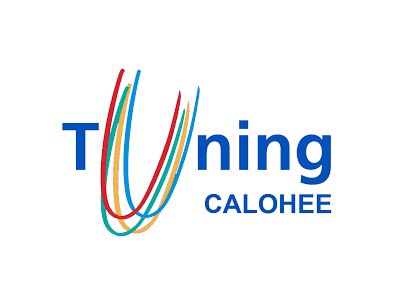
Project info
From
01 January 2016
to
30 April 2018
Project Coordinator
University of Groningen
UNICA’s role
Advisory Board member
Relevant UNICA working group
UNICA EduLAB
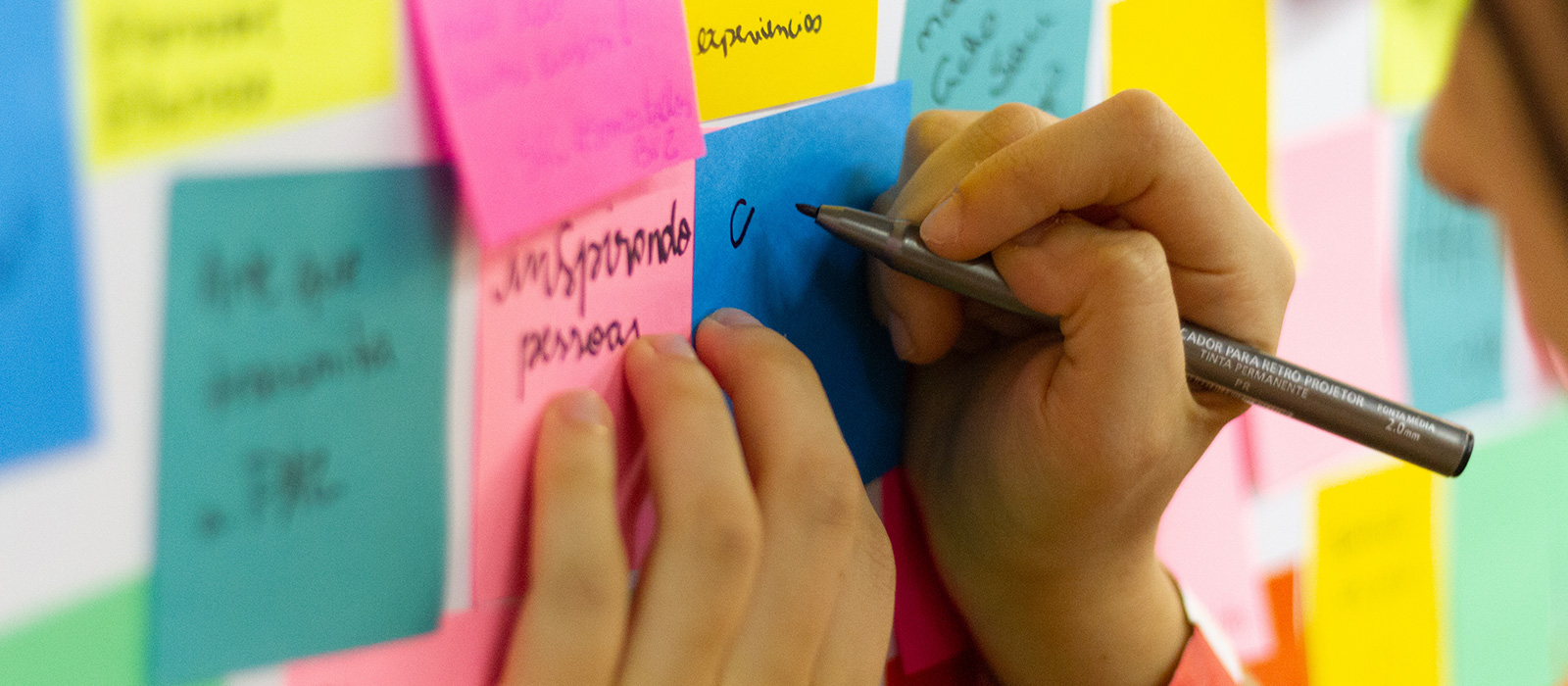
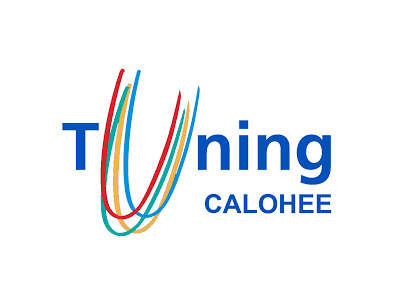
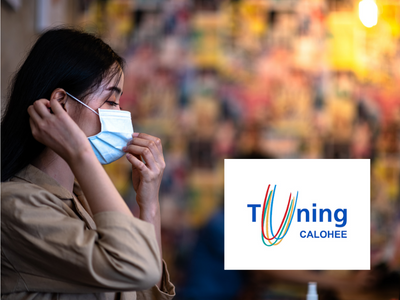
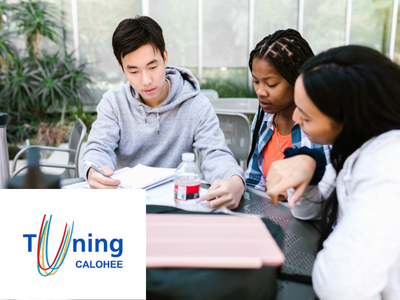
 Co-funded by the European Union. Views and opinions expressed are however those of the authors only and do not necessarily reflect those of the European Union or the European Education and Culture Executive Agency (EACEA). Neither the European Union nor the granting authority can be held responsible for them.
Co-funded by the European Union. Views and opinions expressed are however those of the authors only and do not necessarily reflect those of the European Union or the European Education and Culture Executive Agency (EACEA). Neither the European Union nor the granting authority can be held responsible for them.